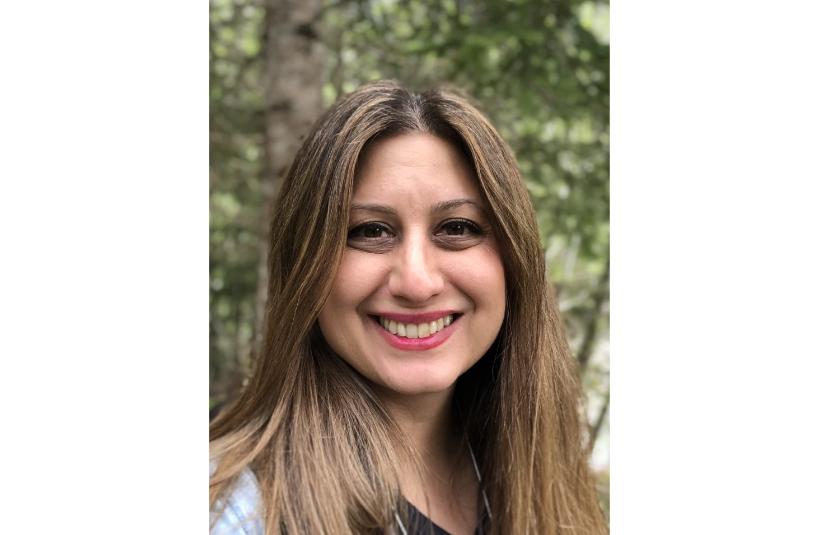Stephanie Grella

Title: Assistant Professor
Office: Coffey Hall 249
Phone: 773-508-8526
Email: sgrella@luc.edu
Background Information
BSc: University of Toronto
MSc: University of Guelph
PhD: Wilfrid Laurier University
Post-doc: Harvard University, Boston University
Additional Information
Classes Taught
PSYC 382 Behavioral and Cognitive Neuroscience
Research Interests
My research is focused on the mechanisms by which memories change across time and how they are updated to incorporate new information. Memories are stored in the brain as cellular ensembles activated during learning and then reactivated during retrieval. However, these ensembles are inherently malleable. I am specifically interested in this malleability. Memory malleability, and the ability to incorporate new information and update environmental representations accordingly is a critical component of behavioral flexibility in learning and memory. Within a systems-neuroscience framework, I examine the stability and flexibility of hippocampal ensemble dynamics, as well as the neuromodulatory inputs governing how memories are updated in mouse models of stress and anxiety. To that end, I am investigating the involvement of noradrenergic and dopaminergic projections to the hippocampus in assigning new networks to mediate encoding that reflects environmental change.
My research is focused on the mechanisms by which memories change across time and how they are updated to incorporate new information. Memories are stored in the brain as cellular ensembles activated during learning and then reactivated during retrieval. However, these ensembles are inherently malleable. I am specifically interested in this malleability. Memory malleability, and the ability to incorporate new information and update environmental representations accordingly is a critical component of behavioral flexibility in learning and memory. Within a systems-neuroscience framework, I examine the stability and flexibility of hippocampal ensemble dynamics, as well as the neuromodulatory inputs governing how memories are updated in mouse models of stress and anxiety. To that end, I am investigating the involvement of noradrenergic and dopaminergic projections to the hippocampus in assigning new networks to mediate encoding that reflects environmental change.
Memory updating occurs through retrieval-induced plasticity and although it is an adaptive mechanism in an ever-changing environment, we often see decreased flexibility in stress-related disorders. One of my overarching objectives is to identify target circuits involved in psychiatric disease-related states, such as post-traumatic stress disorder (PTSD) where memory updating may be impaired. Stress can induce dysregulation of neuromodulatory systems, which can in turn, contribute to maladaptive memory processes and behavioral states. Therefore, an additional aim is to target memory circuits with novel modulation strategies that mechanistically probe how maladaptive memories can be reset to ultimately alleviate dysregulated signaling, reverse maladaptive behavioral states, and re-establish cognitive and behavioral flexibility compromised by stress.
Selected Publications
Grella SL, Fortin AH, Ruesch E, Bladon JH, Reynolds LF, Gross A, Shpokayte M, Cincotta C, Zaki Y, & Ramirez S (2022) Reactivating hippocampal-mediated memories during reconsolidation to disrupt fear. Nature Communications, 13, 4733.
Grella SL, Gomes SM, Lackie RE, Renda B, Marrone DF (2021). Norepinephrine as a memory reset signal. Behavioural Pharmacology, 32: 531-548.
Grella SL, Fortin AF, McKissick O, Leblanc H, Ramirez S (2020). Odor modulates the temporal dynamics of fear memory consolidation. Learning & Memory, 27: 150-163.
Grella SL, Neil JM, Edison HT, Strong VD, Odintsova IV, Walling SG, Martin GM, Marrone DF, Harley CW (2019). Locus coeruleus phasic, but not tonic, activation initiates global remapping in a familiar environment. Journal of Neuroscience, 39(3): 445-455.

